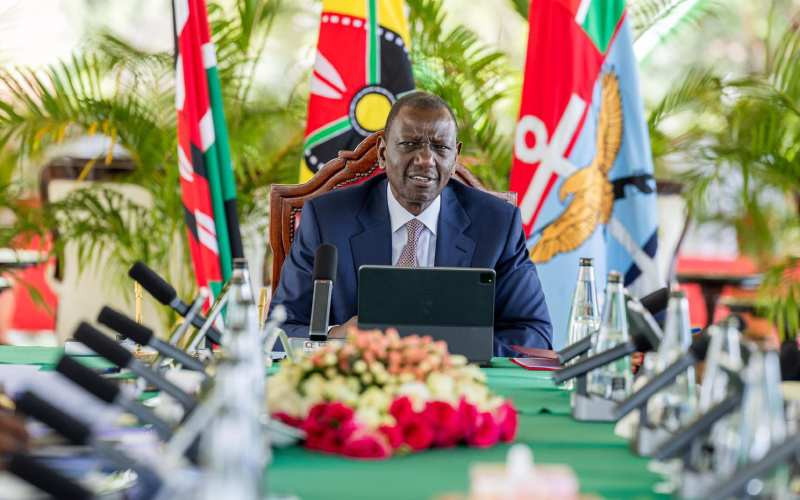Lorem ipsum dolor sit amet adipisicing elit. Sapiente fuga nisi rerum iusto intro.
Lorem ipsum dolor sit amet adipisicing elit. Sapiente fuga nisi rerum iusto intro.


The High Court has ruled that the amount of money one has cannot be a basis of either denying or granting custody in a child dispute case.
While throwing out a man’s case over a girl born in 2015, Justice Patricia Nyaundi said her mother could not be disqualified from keeping her simply because her father was earning more than she was.
According to her, the girl needed her mother more for upbringing and guidance than her father as she was of a tender age.
“The weak financial status of the respondent is not a factor that weighs against her in considering whether or not she should be granted custody. The minor herein was born on July 14, 2015; she is a female child. The tender year doctrine favours that a female child of tender years be in her mother’s custody,” ruled Justice Nyaundi.
The battle between the two parents started at the magistrate’s court. In his case, the man, codenamed CS, alleged that the minor’s mother, codenamed, NK, had abandoned her.
However, the lower court ruled in the mother’s favour. He was ordered to pay at least Sh15,000 monthly to provide for the minor’s food, as well as fees and school-related expenses.
The court also ordered that both should share medical expenses equally.
NK was directed to provide shelter, sort the remaining part of food, buy clothing, and cater for household utilities.
Aggrieved, CS moved to the High Court. He claimed the lower court erred by granting NK custody as she had abandoned him and the child in 2021.
He argued that he was the sole caregiver and had been supported by NK’s sisters at some point. After the two sisters left, he said, he hired a nanny who helped him to take care of her.
CS called his sister to back his case. She told the court that NK had declined attempts to mediate their differences. She also claimed that her brother’s house in Madaraka, Nairobi was well-secured and spacious for the minor to play and grow.
The court also heard that he had the financial muscle to take care of her.
But NK told the court that she left the matrimonial home after CS beat her. While disputing that she had abandoned the child and her father, she stated that when she tried to return, she found that CS had instructed security guards not to allow her into the house.
The court heard that the man had another family in South Africa, where he was working. NK argued that the man was not taking good care of the minor.
She, too, called her sister, codenamed RM, as a witness. RM told the court that on the night prior to NK leaving, she heard her being beaten by CS. She denied that NK had abandoned the minor.
After hearing the rival submissions, Justice Nyaundi said that CS contributed to NK deserting the home.
“The court was persuaded by the testimony of RM that the appellant assaulted the respondent and chased her from the house. It is therefore not true that the respondent abandoned the minor,” she said.


To personalise content, tailor ads and provide best user experience, we use cookies. By using our site, you agree to use our cookies. Privacy Policy
Subscribe to our newsletter and stay updated on the latest developments and special offers!


